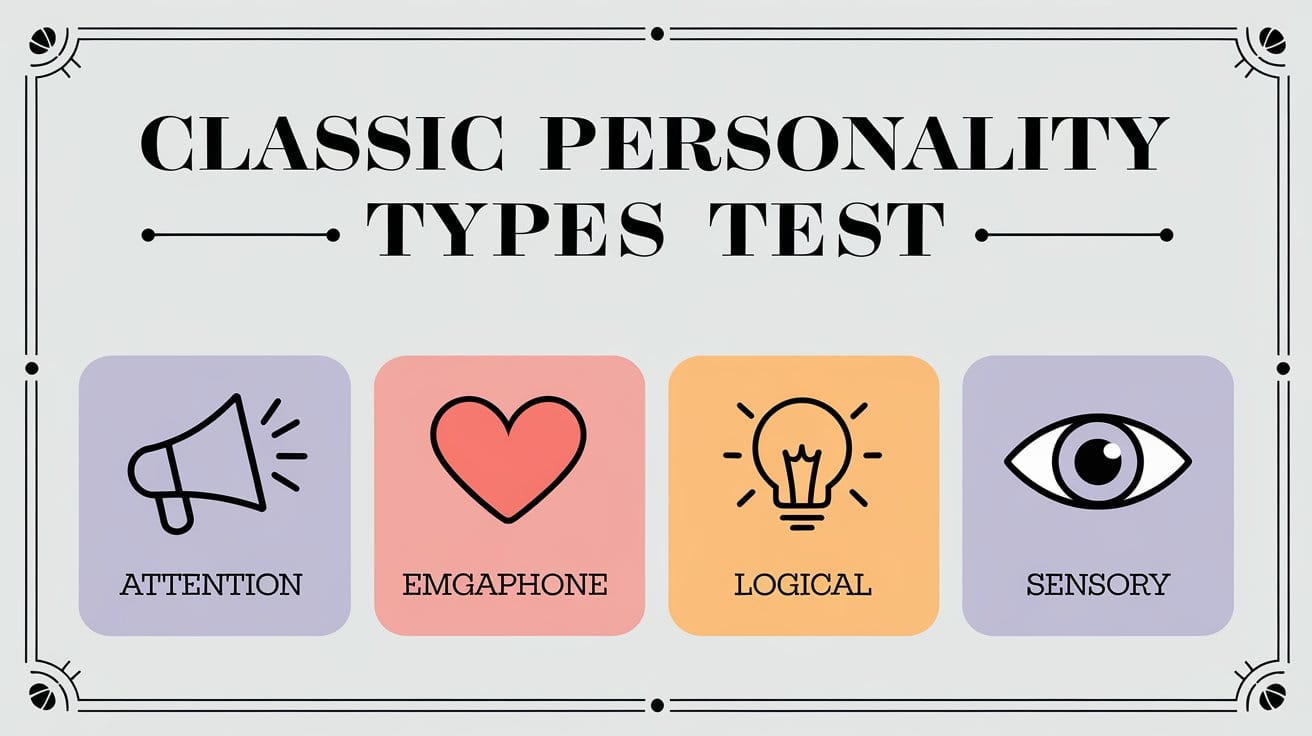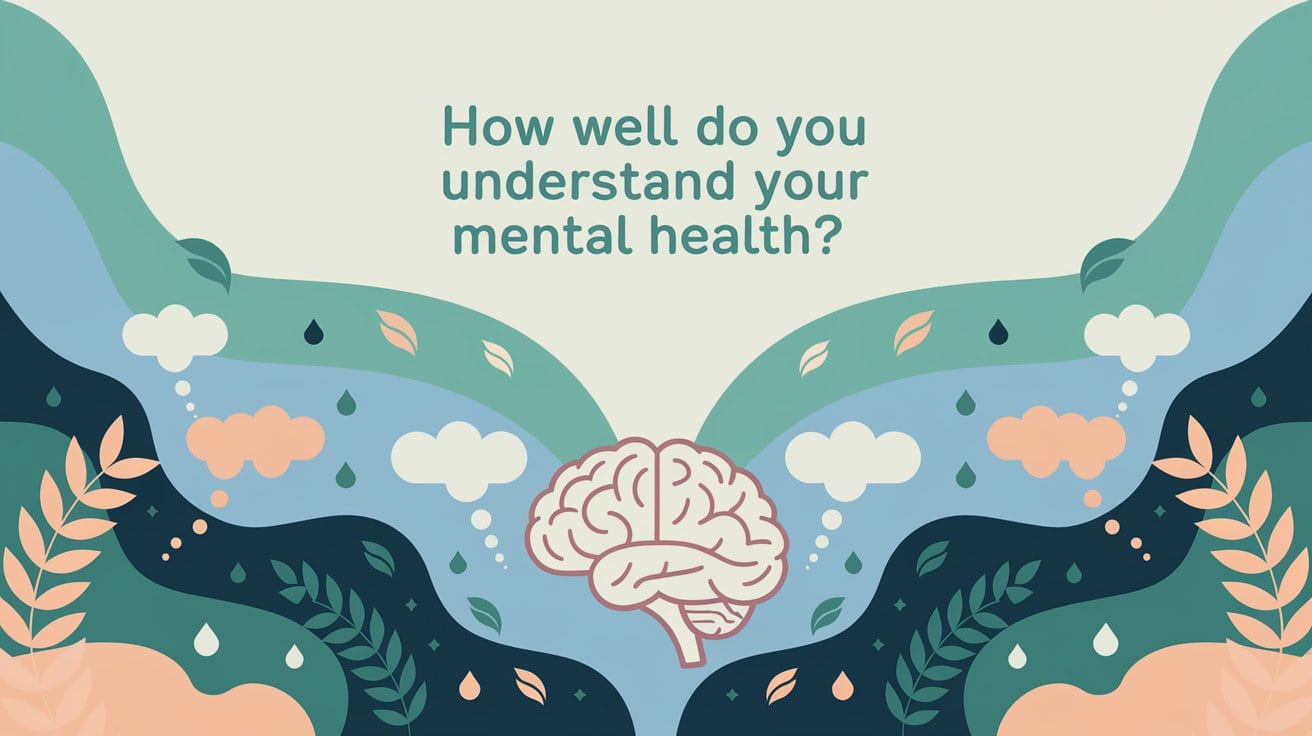Mathematical Intelligence: Discover Your Strengths
Everyone has unique strengths when it comes to intelligence, but did you know that intelligence can be categorized into different types? One of the most popular distinctions is whether you excel more in verbal or mathematical thinking. Understanding whether your intelligence is verbal or mathematical can help you recognize your natural talents and enhance your problem-solving abilities in various areas of life.
What is Verbal Intelligence?
Verbal intelligence refers to the ability to use words effectively, whether in writing or speaking. People with high verbal intelligence tend to have strong language skills and are excellent at expressing ideas, telling stories, or analyzing complex concepts using language. This type of intelligence is closely associated with creativity, communication, and understanding complex written materials.
Key Traits of Verbal Intelligence:
- Strong vocabulary and language skills
- Ability to tell compelling stories or express ideas clearly
- Enjoyment of reading, writing, and word games
- Strong memory for words, names, and details
What is Mathematical Intelligence?
Mathematical intelligence, on the other hand, relates to the ability to reason logically, solve problems, and understand complex numerical patterns. People with high mathematical intelligence often excel at tasks that require quantitative reasoning, such as working with numbers, solving equations, or identifying patterns in data. This type of intelligence is highly valued in fields like engineering, finance, and science.
Key Traits of Mathematical Intelligence:
- Strong problem-solving and logical thinking abilities
- Comfort with numbers, formulas, and patterns
- Interest in scientific, mathematical, and technical subjects
- Ability to think abstractly and analytically
Verbal vs. Mathematical Intelligence: How to Identify Yours
The key to understanding whether your intelligence is more verbal or mathematical is recognizing how you approach challenges and the activities that come naturally to you. Here are some questions to ask yourself:
- Do you enjoy reading books, writing, or engaging in discussions? If so, your intelligence may lean more toward the verbal.
- Are you drawn to puzzles, complex equations, and logic problems? You might have a more mathematical mindset.
- How do you solve problems? Do you prefer to use words and language to explain solutions, or do you tend to break things down with numbers and calculations?
Why Does It Matter?
Knowing whether your intelligence is more verbal or mathematical can help you in many areas of life, from career choices to personal growth. It can guide you in choosing the right learning methods, tackling challenges in ways that suit your strengths, and making decisions that align with your abilities. For example:
- If you have a verbal intelligence, you might thrive in careers like writing, law, education, or marketing.
- If your intelligence is mathematical, careers in fields like engineering, data analysis, or technology might feel more natural.
Ready to Find Out? Take the Quiz!
Take a moment to reflect on your strengths and weaknesses. Would you say your thinking is more centered around words or numbers? If you want a more detailed assessment, why not take a quiz to discover whether your intelligence is primarily verbal or mathematical? Understanding your intelligence type is a step toward honing your natural skills and achieving your goals.
No matter whether your intelligence is verbal or mathematical, both are valuable and offer unique benefits in different aspects of life. By recognizing your natural strengths, you can focus on enhancing your abilities and exploring new opportunities that align with your intelligence type. Embrace your strengths and use them to your advantage—whether you’re a wordsmith or a math whiz!




Post Comment